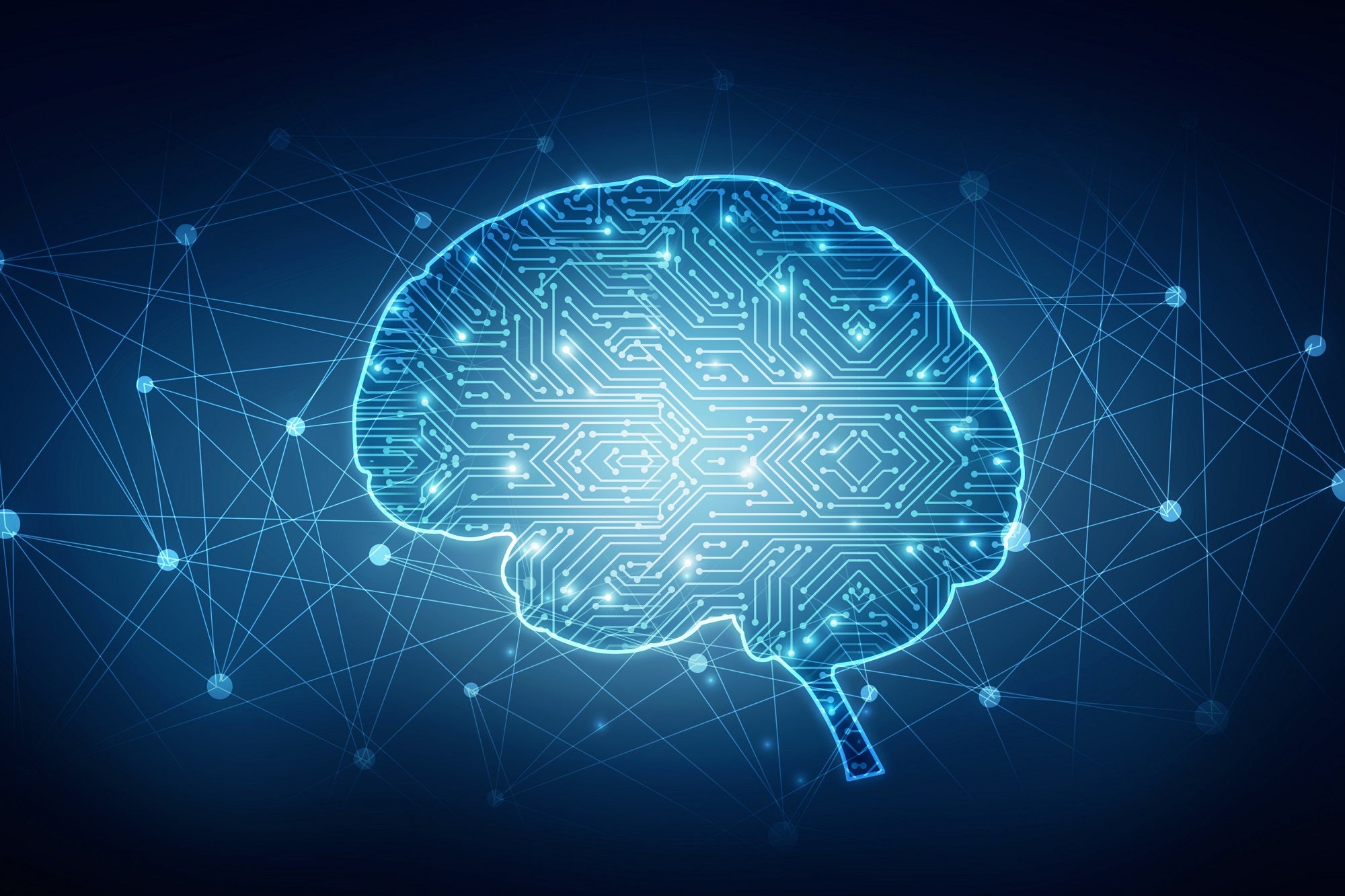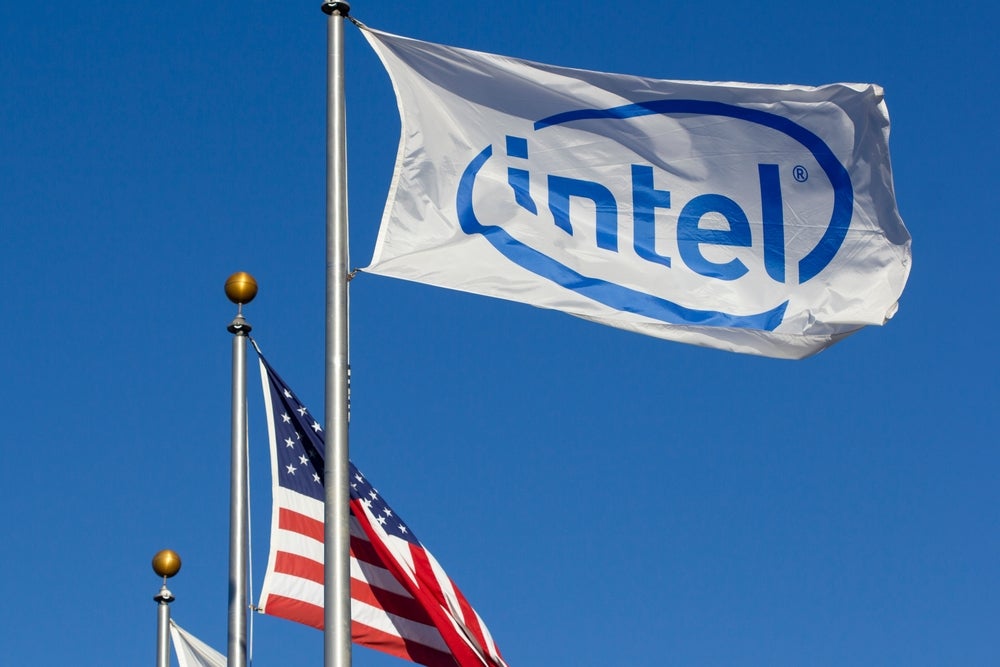
Allen Institute for Brain Science has partnered with Amazon Web Services (AWS) to create the “first-ever” map of the entire human brain.
As part of the initiative funded by the National Institute of Health, Allen Institute is building a Brain Knowledge Platform.
Despite decades of work, brain diseases such as Alzheimer’s and Parkinson’s remain difficult to treat.
While the datasets for brain research are extensive, they are varied and often not standardised.
The Brain Knowledge Platform aims to solve this by creating a database on the structure and function of brain to help diagnose and treat mental and neurological conditions.
As part of the project, a team of neuroscience researchers led by Allen Institute for Brain Science senior investigator Ed Lein will map the entire brain at the cellular level.
How well do you really know your competitors?
Access the most comprehensive Company Profiles on the market, powered by GlobalData. Save hours of research. Gain competitive edge.

Thank you!
Your download email will arrive shortly
Not ready to buy yet? Download a free sample
We are confident about the unique quality of our Company Profiles. However, we want you to make the most beneficial decision for your business, so we offer a free sample that you can download by submitting the below form
By GlobalDataThe team will use single-cell genomic technology to define and map all the cell types in the brain.
Following the completion of the mapping, researchers should have a greater understanding of the relationships between various cognitive functions and genetics.
Lein said: “Chemistry has the periodic table. Genomics has the human genome map, which has been transformative. Neuroscience needs a similar foundational resource, which the Brain Knowledge Platform will help to create.”
Other part of the project includes using this brain map data to create an open-source database of brain cell data.
Allen Institute head of data and technology Shoaib Mufti will lead this part of the project in collaboration with AWS.
Mufti noted: “Once we start to connect pieces of information together, and we can connect data from the healthy brain to information from a diseased brain, that is where the magic is going to happen.”
Researchers are using AWS’ cloud computing to store, analyse and access the data from the brain’s approximately 200 billion cells
The institute is utilising AWS’s machine learning and artificial intelligence (AI) technologies and hopes to implement generative AI in the future, to transform huge, complicated multimodal data into useful insights for doctors.







